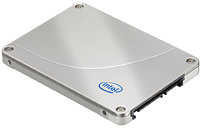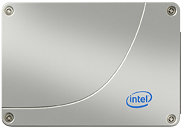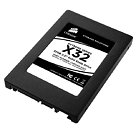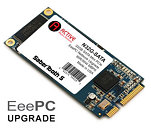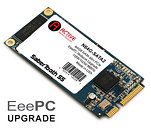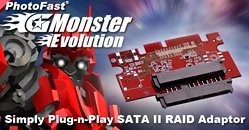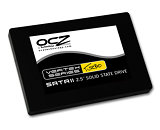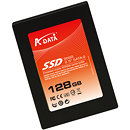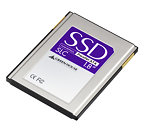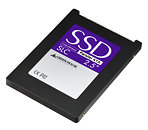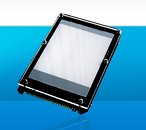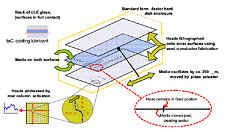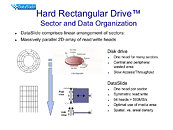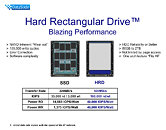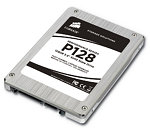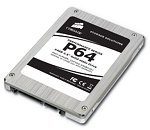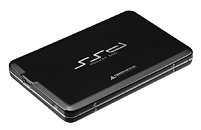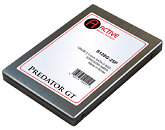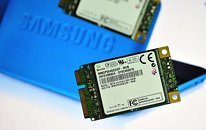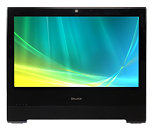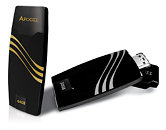
Intel X25-M G2 Firmware Bug Locks You Out of BIOS Password Changes
Intel's recently announced X25-M G2 series solid state drives (SSDs) gave the company some good PR for being the industry's first 34 nm NAND-flash based SSD, which intends to lower power consumptions, increase data density, and lower prices along the way. Barely a week into its introduction, it has been diagnosed with a severe firmware-related bug. While this bug does not affect the drive's performance or stability in normal operation, it potentially renders it inoperable under some disturbingly common circumstances.
Intel's SSDs are meant for workstations, servers, portable workstations, and other high-end machines. In an enterprise environment, it's common for administrators or power-users to set a password for the HDD BIOS, and change it periodically as part of security practice. The X25-M G2 apparently doesn't respond well to this change, and is rendered inoperable. For the X25-M G2, if you have set a BIOS HDD password, you're advised not to change or disable it. If you don't have one in place, do not set one. Intel is correcting the issue in firmware and will be posting a firmware update shortly.
Intel's SSDs are meant for workstations, servers, portable workstations, and other high-end machines. In an enterprise environment, it's common for administrators or power-users to set a password for the HDD BIOS, and change it periodically as part of security practice. The X25-M G2 apparently doesn't respond well to this change, and is rendered inoperable. For the X25-M G2, if you have set a BIOS HDD password, you're advised not to change or disable it. If you don't have one in place, do not set one. Intel is correcting the issue in firmware and will be posting a firmware update shortly.
